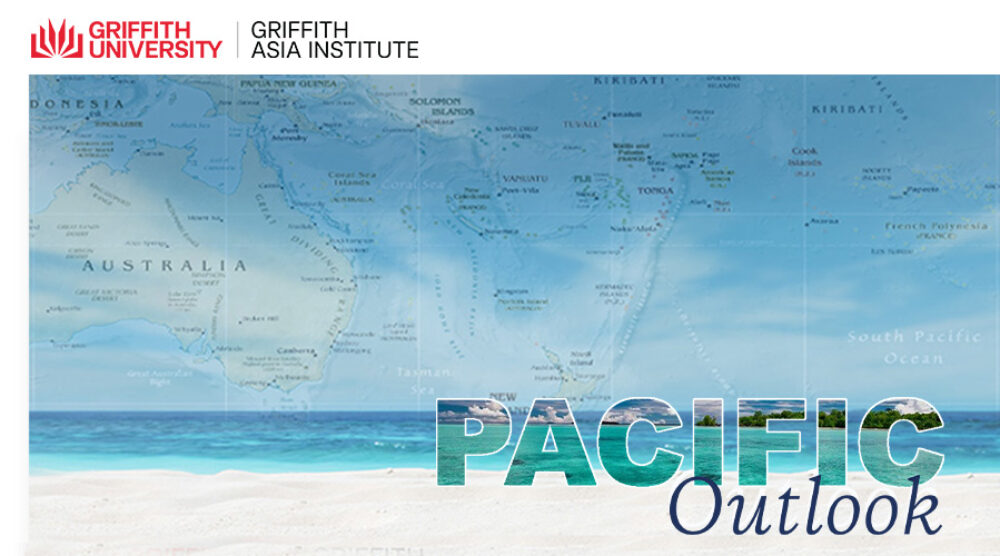Marshall Islands accepts Compact funding offer
In something of an about turn, the government of Marshall Islands has agreed to accept the offer made by the United States for a renegotiated Compact funding arrangement. Until very recently Marshall Islands negotiators had maintained that for the new agreement to proceed, the US would need to include compensation to address the ongoing health and economic impacts of nuclear testing in the country.
Whilst the package that has been offered for renewal of the Compact funding does not address the Marshallese demands for redress when it comes to the nuclear legacy, it is possible that other avenues will be explored in the future.
The other two countries that have Compact arrangements with the USA are Palau and Federated States of Micronesia. They signed agreements earlier this year to proceed with renegotiated agreements as the current arrangements come to an end.
High level visits to the region
The procession of high-level visitors to the region continues.
President Emmanuel Macron of France has recently visited New Caledonia, Vanuatu, and Papua New Guinea. It is the first time he has travelled beyond the French territories in the Pacific. Whilst in Vanuatu, he railed against what he termed “new imperialism” which rang somewhat hollow given France’s continuing presence as a colonial power in the region.
US Secretary of State Antony Blinken visited Tonga en route to Australia for the AUSMIN talks. He was critical of China’s behaviour in the country, and the region more widely, with particular focus on a lack of transparency when it comes to investments and loans.
US Secretary of Defense, Lloyd Austin, also made a Pacific stop on his way to Brisbane. He visited Papua New Guinea, where he met with Prime Minister James Marape and other leaders of the country.
Other Pacific News:
Thousands of people have travelled to Vanuatu to take part in the Melanesia Arts and Cultural Festival. The 7th edition of the festival has been a huge celebration of culture and included a literary programme for the first time.
In Papua New Guinea, the new Minister for Labour and Employment, Kessy Sawang, has met with executives to receive an update on the Papua LNG project. She made it clear that she expects to see a large number of jobs for Papua New Guineans created.
An investigation in Solomon Islands has revealed that a national newspaper, the Solomon Star, had received significant funding from the Chinese government in exchange for promoting the contributions of the People’s Republic of China to the country.
In Australia, Dame Meg Taylor (former Secretary General of the Pacific Islands Forum) has been made a Doctor of the University by Griffith University, in Brisbane. In her speech to graduates, she urged deeper understanding of Pacific identity as the basis for collective action.
In Fiji, Prime Minister Sitiveni Rabuka took to social media to say he was deferring a trip to China. Sporting a band-aid and a blood-spattered shirt, the PM said a fall at the entry to the government buildings meant he needed to stay at home to receive medical attention.
Tess Newton Cain is a Senior Research Fellow at the Griffith Asia Institute and project lead for the Griffith Pacific Hub.








